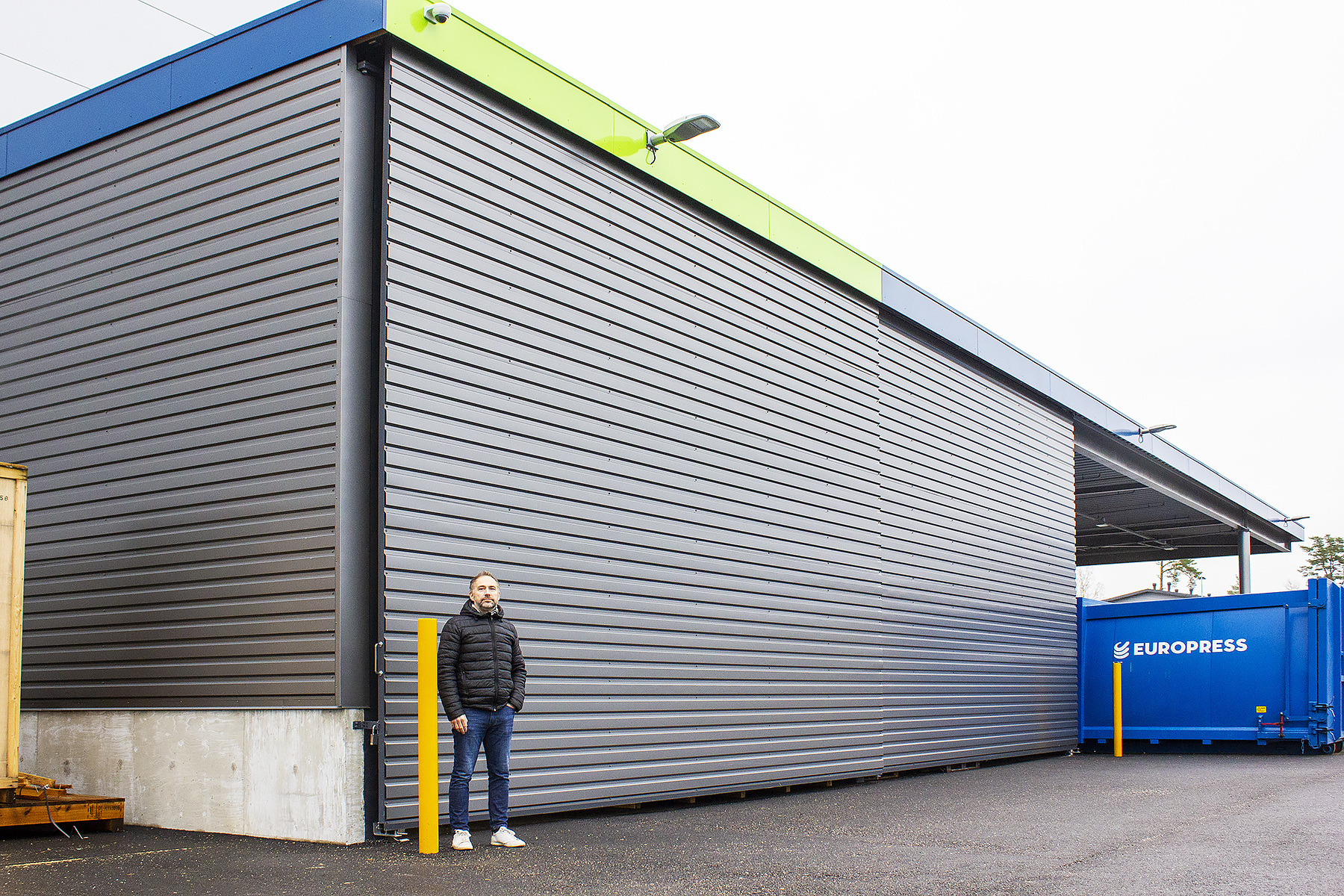Top Features to Look for in Heavy-Duty Sliding Doors

When it comes to selecting heavy-duty sliding doors, the decision is far from trivial. These doors are integral to the functionality and security of various spaces, from industrial facilities to commercial buildings. Understanding the key features to look for can make a significant difference in performance, durability, and overall satisfaction. In this article, we will delve into the essential attributes that define high-quality heavy-duty sliding doors.
Material and Build Quality
The material and build quality of heavy-duty sliding doors are paramount. These doors are often subjected to rigorous use and must withstand substantial wear and tear. Common materials include steel, aluminum, and high-grade composites. Steel is particularly favored for its strength and durability, making it ideal for industrial applications. Aluminum, on the other hand, offers a lighter alternative without compromising on strength, making it suitable for both interior and exterior applications.
High-quality materials ensure that the sliding doors can endure harsh conditions, including exposure to the elements and heavy usage. Additionally, the build quality should be robust, with precise engineering to ensure smooth operation. Look for doors that have been tested for durability and come with certifications from reputable testing bodies. This guarantees that the doors meet stringent quality standards and will provide long-term reliability.
Weight Capacity
Another critical feature to consider is the weight capacity of the sliding doors. Heavy-duty sliding doors are designed to support substantial weights, often ranging from 150 kg to over 500 kg. The weight capacity is a crucial factor, especially in industrial settings where the doors may need to support heavy machinery or large volumes of materials.
It’s essential to choose a sliding door system that can handle the specific weight requirements of your application. For instance, the SAGA 300 series from Helaform is designed for doors up to 300 kg, making it suitable for demanding environments. Ensuring that the door system can support the required weight will prevent operational issues and extend the lifespan of the doors.
Smooth and Silent Operation
The operational smoothness and noise level of heavy-duty sliding doors are often overlooked but are crucial for user satisfaction. High-quality sliding doors should operate smoothly, with minimal effort required to open and close them. This is particularly important in environments where frequent access is necessary, such as warehouses and commercial spaces.
Silent operation is another desirable feature, especially in settings where noise reduction is important. Advanced sliding door systems, like those offered by Helaform, incorporate design elements that minimize noise, ensuring a quiet and efficient operation. This can significantly enhance the working environment, making it more pleasant and less disruptive.
Corrosion Resistance
Corrosion resistance is a vital feature for heavy-duty sliding doors, particularly in environments exposed to moisture, chemicals, or extreme weather conditions. Materials like stainless steel, specifically AISI 304 and AISI 316L, are known for their excellent corrosion resistance. These materials are ideal for applications in the shipbuilding, port, food, mining, and chemical industries.
Choosing sliding doors with high corrosion resistance ensures longevity and reduces the risk of structural degradation over time. This is especially important for exterior applications where the doors are constantly exposed to the elements. Investing in corrosion-resistant materials can save on long-term maintenance costs and ensure the doors remain functional and aesthetically pleasing.
Customizability and Versatility
The ability to customize and adapt sliding doors to specific needs is another important feature. Heavy-duty sliding doors should offer flexibility in terms of size, design, and functionality. Customizable options allow for the doors to be tailored to unique requirements, whether it’s for architectural spaces, conference facilities, or industrial applications.
Versatility is also key, as it enables the sliding doors to be used in a variety of settings. For example, Helaform’s sliding door systems are suitable for both interior and exterior applications, making them a versatile choice for different environments. The ability to adapt the door system to various uses enhances its value and utility.
Ease of Installation
Ease of installation is a practical consideration that can significantly impact the overall experience with heavy-duty sliding doors. A well-designed sliding door system should be straightforward to install, with clear instructions and minimal complications. This not only saves time and effort but also ensures that the doors are installed correctly, maximizing their performance and longevity.
During the installation phase, it’s important to consider the cleaning of the sliding track and other components to ensure smooth operation from the start. Proper installation is crucial for the optimal functioning of the sliding doors, and choosing a system that simplifies this process can be a major advantage.
In conclusion, selecting the right heavy-duty sliding doors involves careful consideration of several key features. Material and build quality, weight capacity, smooth and silent operation, corrosion resistance, customizability, and ease of installation are all critical factors that contribute to the overall performance and satisfaction. By focusing on these attributes, you can ensure that your sliding doors meet the demands of your specific application and provide reliable, long-term service.
At Helaform, we are committed to providing high-quality sliding door systems that excel in all these areas. Our extensive range of products is designed to meet the diverse needs of our clients, ensuring that you find the perfect solution for your heavy-duty sliding door requirements.